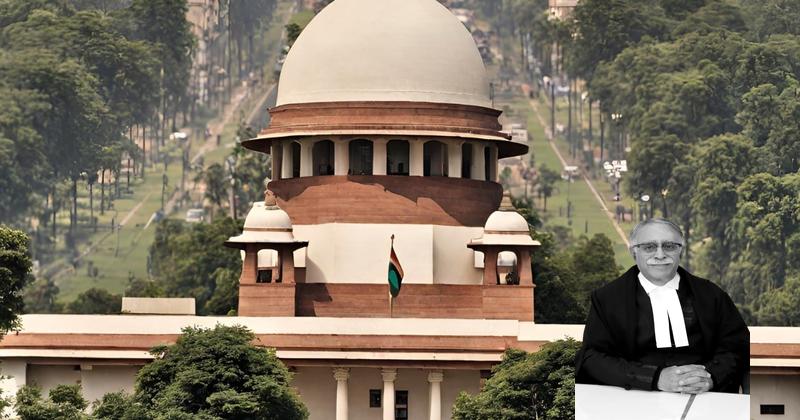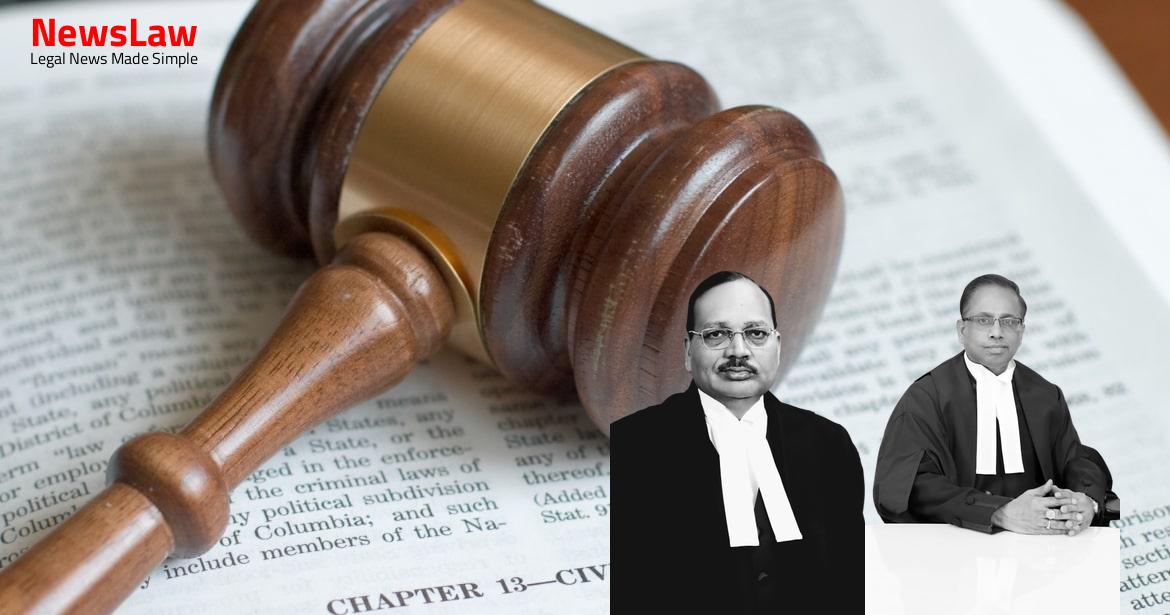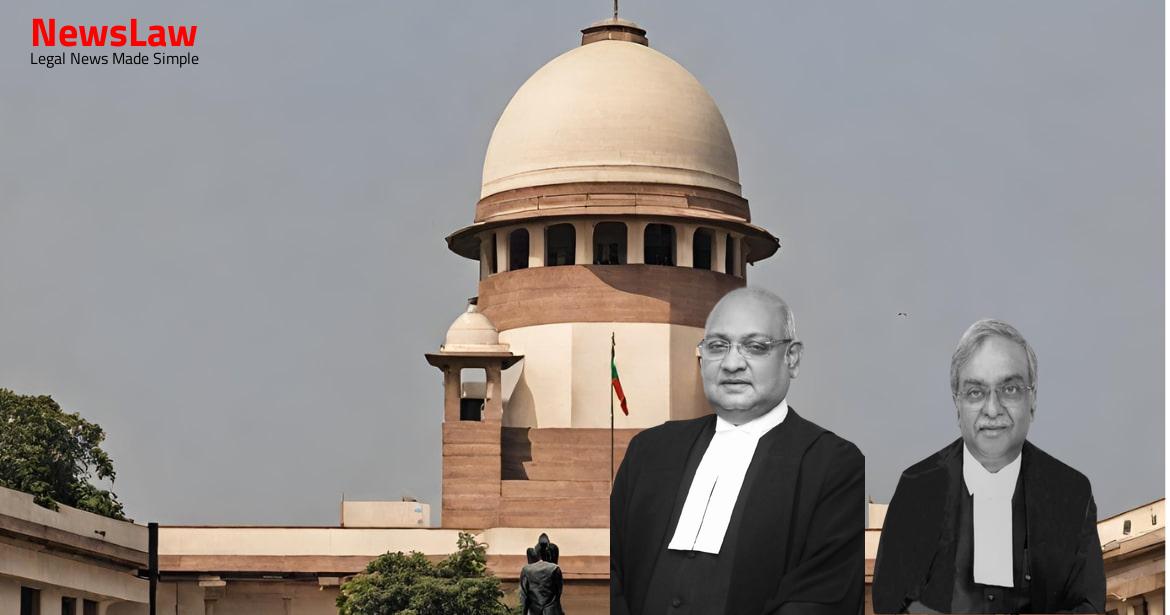The second defendant is another daughter of the first defendant who is married to one Komal Singh.
The first defendant executed a registered Deed of Cancellation dated 15 June 1967 in respect of the cancellation of the Sale Deed. Thereafter, the first defendant purported to execute a Gift Deed dated 12 January 1968 (for short ‘the Gift Deed’) in respect of the suit property in favour of the second defendant.
His contention is that as no consideration was passed under the Sale Deed, the plaintiff has not acquired any right, title or interest in the suit property.
In the appeal against the decree of the Trial Court preferred by the original defendants, the High Court interfered with the impugned judgment and held that as consideration was not paid under the Sale Deed, the plaintiff did not acquire any right, title or interest in respect of the suit property. Considering the relationship between the plaintiff and the first defendant, it is not unnatural that the plaintiff did not object to the custody of the Sale Deed by the first defendant.
Also Read: https://newslaw.in/supreme-court/extension-of-benefit-of-doubt-in-criminal-convictions/
He submitted that this Court held that the practice of ta khubzul badlain in Bihar recognizes that a duly executed Sale Deed will not operate as a transfer in praesenti but postpones the actual transfer of title from the time of execution and registration of the deed to the time of exchange of equivalents. He submitted that as the title in the Suit property never passed on to the plaintiff, the first defendant rightly executed a Deed of Cancellation of the Sale Deed. We hasten to add that the practice of ta khubzul badlain (of title passing on exchange of equivalents) is prevalent only in Bihar.
The practice of ta khubzul badlain in Bihar recognises that a duly executed sale deed will not operate as a transfer in praesenti but postpones the actual transfer of title, from the time of execution and registration of the deed, to the time of exchange of equivalents, that is, registration receipt and the sale consideration, if the intention of the parties was that title would pass only on payment of entire sale consideration.
As a result, until and unless the duly executed and registered sale deed comes into the possession of the purchaser, or until the right to receive the original sale deed is secured by the purchaser by obtaining the registration receipt, the deed of sale remains merely an agreement to be performed and will not be a completed sale. The use of the expression ta khubzul badlain in a sale deed by itself will not be determinative of the true nature of the transaction.
Also Read: https://newslaw.in/supreme-court/vicarious-liability-under-section-34-of-ipc/
On overall reading of the Sale Deed, it is apparent that under the Sale Deed, the entire right, title and interest of the first defendant in the suit property has been transferred to the plaintiff by the said sale deed. If it was the case of the first defendant that there was no transfer of title under the said Sale Deed, there was no reason for him to unilaterally execute a document of cancellation of the sale deed.
The impugned judgment and order passed by the High Court of Patna in First Appeal No.334 of 1988 is quashed and set aside and the decree passed by the Trial Court in Title Suit No.142 of 1977 is restored.
Case Title: YOGENDRA PRASAD SINGH (DEAD) THR LRS Vs. RAM BACHAN DEVI AND ORS. (2023 INSC 658)
Case Number: C.A. No.-010412-010412 / 2013



